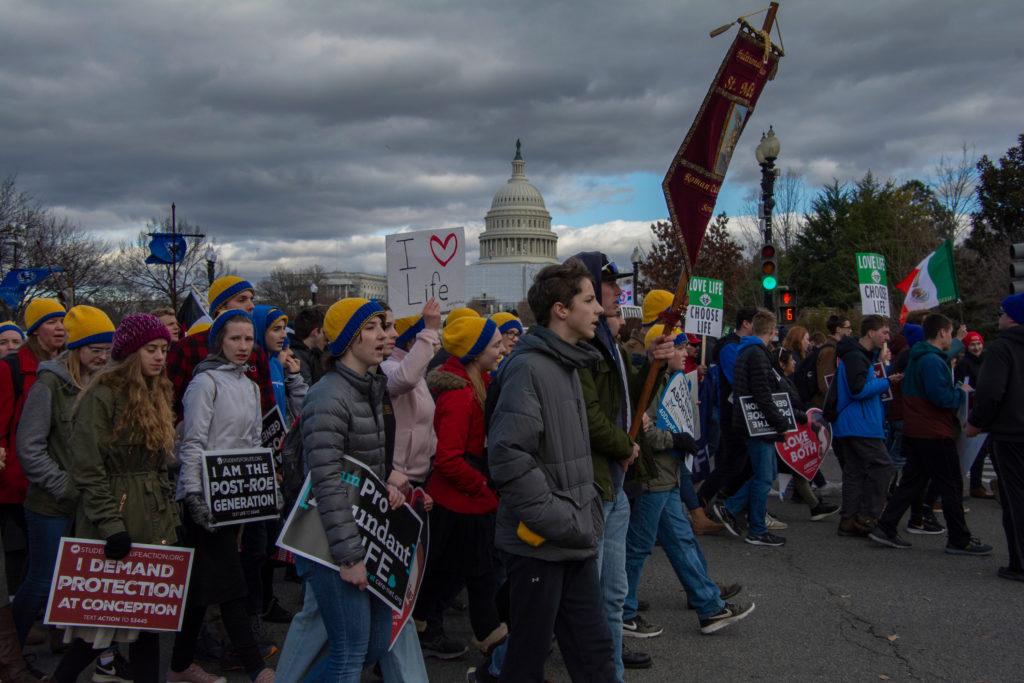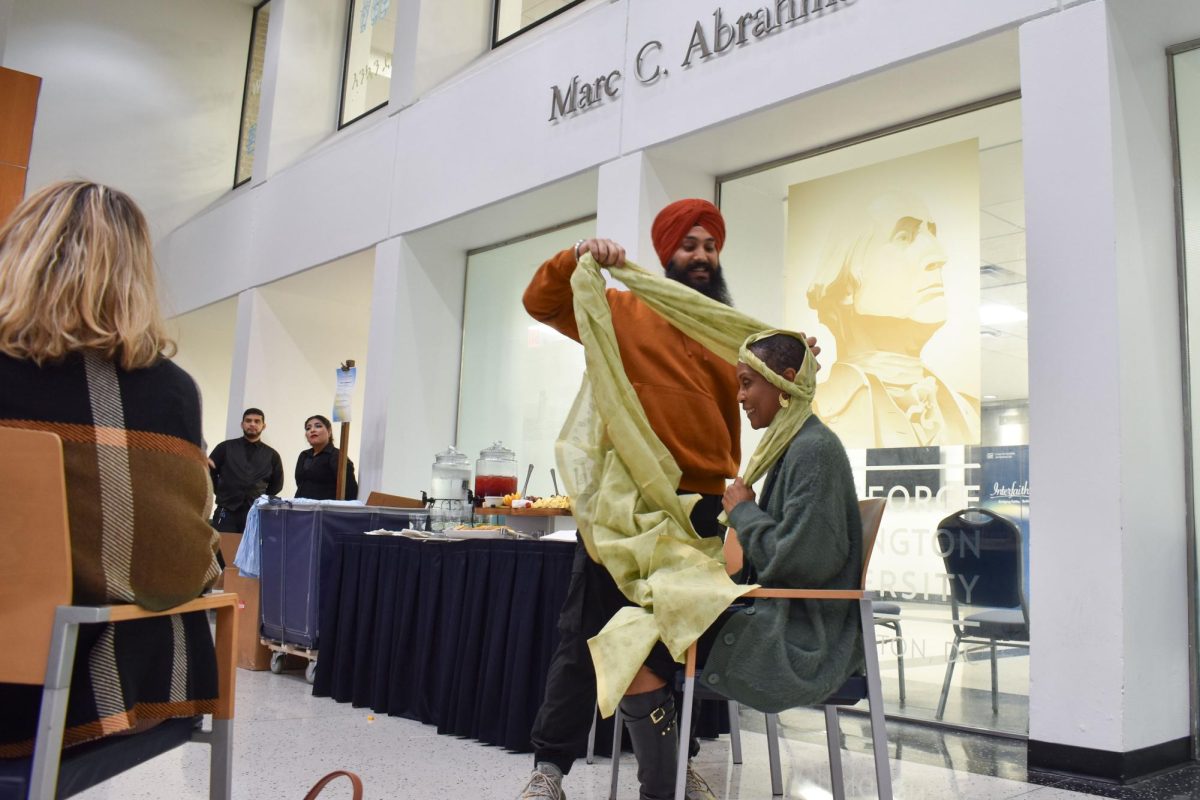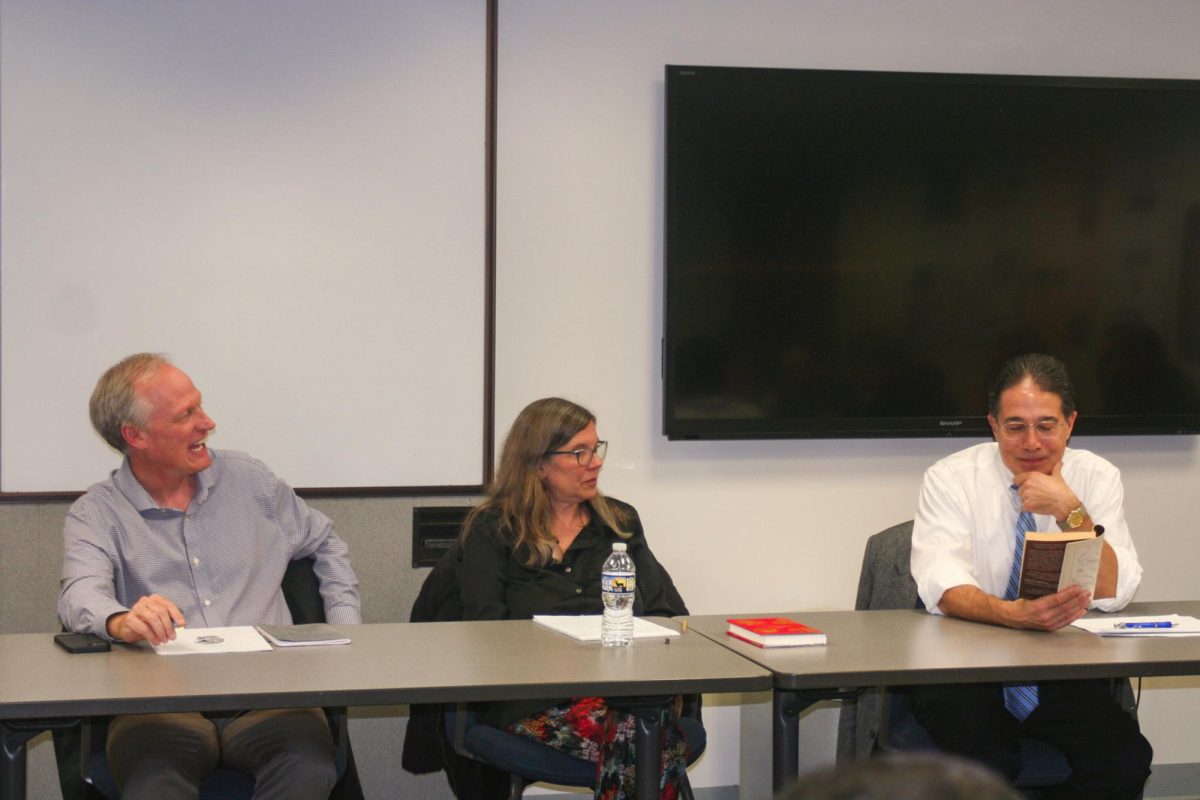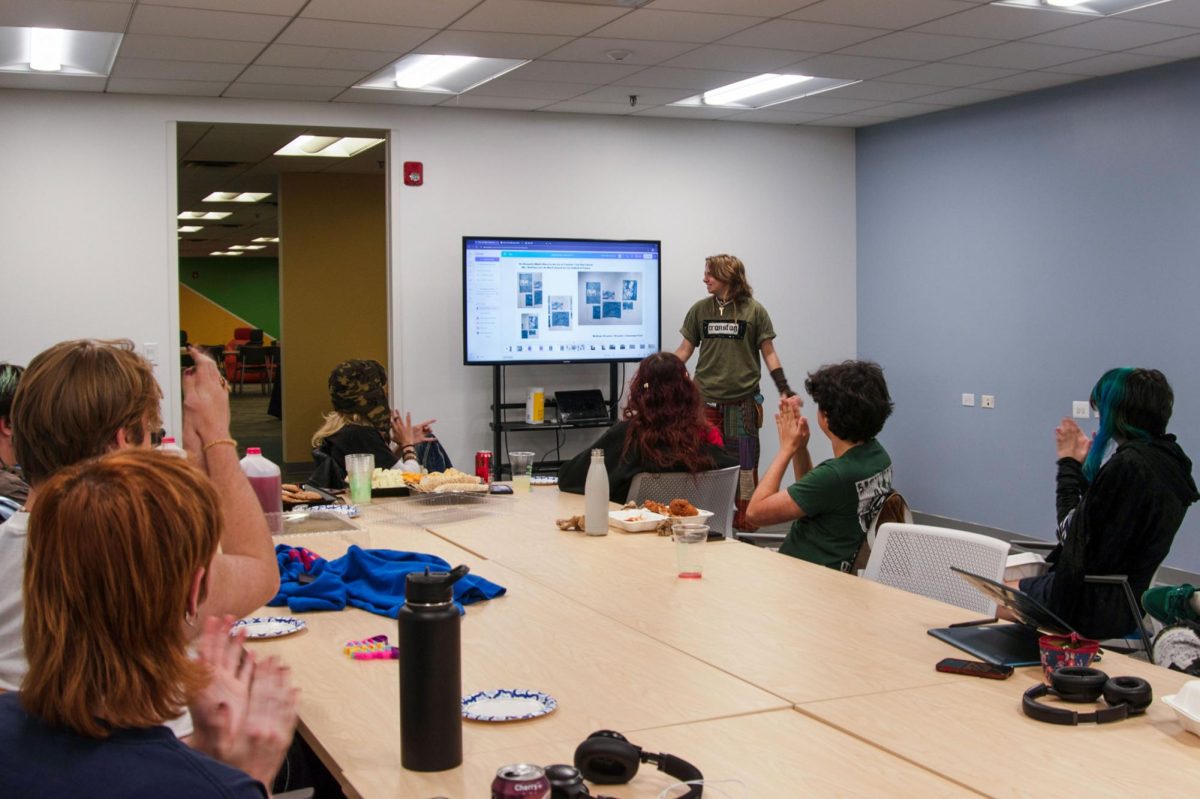In a celebratory jaunt through the National Mall Friday, tens of thousands of anti-abortion protesters called on state legislatures to end abortion protections nationwide during the first March for Life since the 2022 reversal of Roe v. Wade.
Protesters from across the country embarked on a unique route straying from the march’s decades-old course down Constitution Avenue and First Street, instead symbolically marching to the Capitol in a nod to the post-Roe calls to shift the battle over abortion from the high court to state legislatures. Protesters said they took to the streets to celebrate the successes of the anti-abortion movement and continue their push for state officials to cease access to abortion.
Merlot Fogarty, a University of Notre Dame junior and the president of Notre Dame’s chapter of the anti-abortion group Right to Life, said the club is the biggest anti-abortion student group in the United States and that 500 of the Notre Dame student groups’ members attended the March for Life this year. She said there was a new “sense of excitement” compared to last year’s march because of Roe v. Wade’s reversal.
“In my opinion, I think the reason we’re here nationally this year is to give thanks to the 50 years of activism and hard work that people have given in order for Roe to be overturned,” she said.
Fogarty said she supports policy that focuses on maternity leave to allow working women to continue getting paid as they carry out their pregnancies. She said the United States is “divided” at the moment, and she wants people from all political parties to “find common ground” within the issue of abortion.
“It’s very clear that everyone needs to have an opinion on abortion just because of the decision that happened,” she said.
Bartholomew Calvano, a priest at St. Dominic Church in D.C., said the route of the march was different this year compared to previous years, with the demonstrators walking all the way to the Capitol instead of the Supreme Court, a deliberate choice to mark a shift in the movement’s efforts.
“We’re ending with the legislative branch instead of the judicial branch since that’s the direction that our efforts are going to need to turn to encourage our legislators to enact just laws that protect human life,” he said.
Michael Martin, a freshman at University of Cincinnati and vice president of outreach for UC Students for Life, said the March for Life has always been a “joyful” event. He said that although they are excited about the Roe v. Wade reversal, the movement is now focusing more on urging state governments to enact stricter anti-abortion policies.
“It’s more of a celebratory march this time but also now the real fight begins on our end because we actually have to get out into the streets and get legislation instead of getting judicial opinions,” he said.
GW freshman Lara Knezevic, a pro-choice counter-protester who met the anti-abortion protesters at the Supreme Court with a sign reading “Stop Prosecuting Abortion,” said she came to represent the “large” amount of pro-choice individuals who are continuing to push against abortion restrictions spreading nationwide.
She said she attempted to engage in conversations with anti-abortion protesters to discuss their differing perspectives but was unable to establish any “productive” discussions with protesters seemingly unwilling to consider the opposite point of view.
“No one wants to engage in a conversation,” Knezevic said. “They kind of just want to berate you and tell you that you’re wrong without giving much explanation.”
Knezevic said she hopes women can unite to support legal and accessible abortions and reproductive healthcare nationwide through advocacy like aiding access to abortion clinics without interference from anti-abortion protesters who may be blocking their path.
“I just really wish that people come to more women’s marches because this is exactly what we’re protesting for,” Knezevic said.
Megan Clancy, a sophomore and the president of GW Catholics, said a group of about 20 students attended the march with GW Catholics after first gathering for Mass Friday morning at the GW Catholics Newman Center. She said GW Catholics has attended the March for Life in previous years, and while the 2023 march was her first, Clancy said there was a feeling of “celebration” during the protest following Roe v. Wade’s reversal.
Clancy said with Roe v. Wade overturned, the goals of the anti-abortion movement have not been fully achieved, and individuals should shift the response to “unplanned” or “crisis pregnancies” from abortions to an emphasis on supporting crisis pregnancy centers and investing in resources to support pregnant and parenting women.
“As a woman, I truly believe abortion policies are evidence that our society has failed to provide to the needs of women,” Clancy said.











